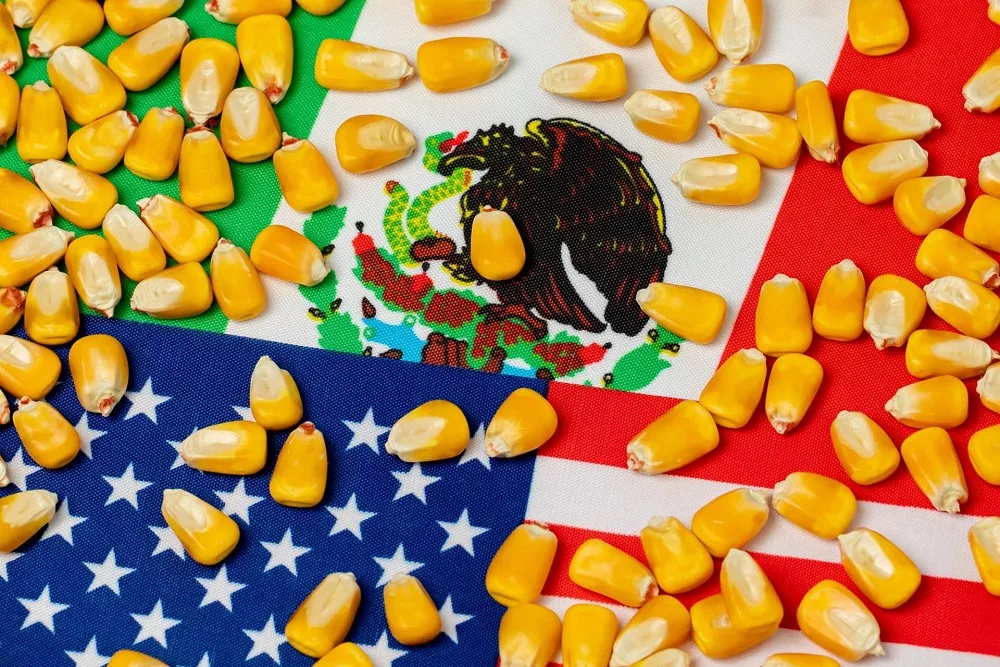Your browser doesn’t support HTML5 audio
U.S. Representative Dan Kildee (D-MI 8) is calling for a swift resolution to the ongoing dispute over Mexico’s ban on genetically modified (GMO) corn imports. The issue stems from actions taken by former Mexican President López Obrador, who restricted U.S. corn imports, citing non-scientific reasons. Kildee has been vocal in asserting that this ban violates the U.S.-Mexico-Canada Agreement (USMCA) and has urged Mexican officials to honor the trade deal.
“This issue has dragged on long enough,” Kildee said. “We can’t negotiate an agreement and then suddenly block a product that U.S. markets have enjoyed the opportunity to sell into Mexican markets.” He explained that the USMCA was designed to ensure trade is based on science, not cultural or protectionist motives, which he believes is the real reason behind Mexico’s ban.
Kildee and other lawmakers, including Congressman Randy Feenstra, have sent a letter to U.S. Trade Representative Katherine Tai and Agriculture Secretary Tom Vilsack, urging them to press Mexico on the issue. The congressman hopes the new Mexican president, Claudia Sheinbaum, will take a more reasonable approach and lift the ban, but there has been no clear indication of change yet.
Former Mexican President Andrés Manuel López Obrador banned U.S. genetically modified (GMO) corn imports primarily for cultural and environmental reasons. López Obrador has long supported policies that promote traditional farming methods in Mexico and aimed to protect local farmers from what he saw as the negative impacts of industrial agriculture, including the use of GMO crops.
López Obrador argued that GMO corn posed a threat to Mexico’s indigenous corn varieties and farming heritage. He wanted to safeguard Mexico’s food sovereignty and ensure that the country’s traditional agricultural practices were preserved. While the ban was framed around cultural and environmental protection, U.S. officials like Congressman Dan Kildee have criticized it for lacking scientific justification, asserting that the science shows no significant differences between U.S. GMO corn and other varieties.
Kildee and others believe that López Obrador’s move to ban GMO corn was more about protectionism, aimed at shielding Mexican farmers from foreign competition, rather than legitimate environmental or health concerns. This action violated the USMCA, which requires trade decisions to be based on scientific evidence.
For American farmers, this dispute brings uncertainty. Mexico is a significant market for U.S. corn, and any prolonged trade restrictions could hurt U.S. agriculture. “We don’t want to be in a situation where we’re providing access to our markets and they’re denying access to theirs,” Kildee stressed.
As the USMCA comes up for review in 2026, Kildee believes it is crucial to resolve this issue now rather than later. He emphasized that the dispute resolution process must be enforced, ensuring U.S. farmers have access to Mexican markets and preventing further damage to the agricultural sector.

